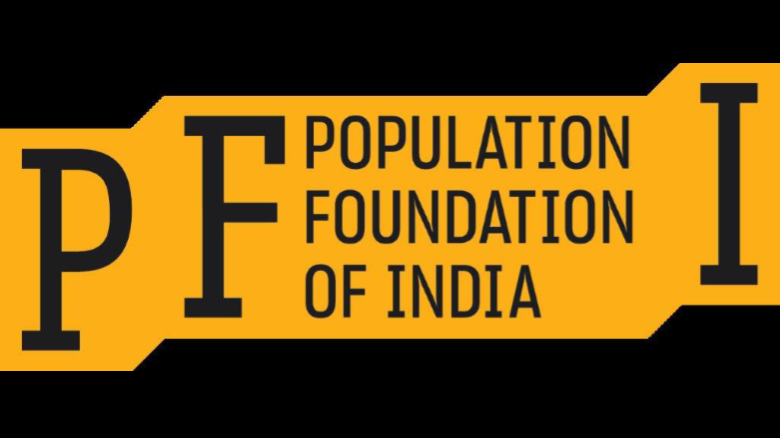
The theme of this year’s World Population Day is “Unleashing the power of gender equality: Uplifting the voices of women and girls to unlock our world’s infinite possibilities”. The relevance of this topic in the population discourse cannot be overstated as gender inequality can have significant effects on population dynamics, reproductive health, and family planning.
Last year, the world population reached the eight-billion mark. UNFPA’s flagship publication State of the World Population (SOWP) Report 2023, released earlier this year, stated that India has become the most populous country in the world overtaking China. Women constitute 50% of the humanity. Without utilising their abilities, and their potential, the world cannot make the progress it is capable of.
The UN Secretary General António Guterres’ recently remarked, “We cannot achieve any of the Sustainable Development Goals without gender equality.” The statement asserts that the progress of SDGs is dependent on women’s participation. This participation cannot take place in a society that is not gender-equal, and limits the role and scope of women.
In India, nearly 23% of girls get married before turning 18, which limits their opportunity to study and get professional skills and enter the workforce. Only 27% of girls go on to study at a university-level institution. With 43 out of 1,000 births attributable to adolescent girls (15-19 years), the country needs to ensure that adolescent girls are in schools and colleges. India needs to step up its investments in girls and women, particularly their education, professional skilling and health, including reproductive health and family planning services as early marriage and pregnancy stop women from achieving their desired goals and their potential.
The impact of education on fertility is well-established. Data from the NFHS-5 survey reveals that women with no schooling on an average have close to three children, while those with 12 or more years of schooling have less than two children. Income, too, has an impact on fertility with women from the highest income quintile bearing fewer children than those from the lowest.
The SOWP report notes that 44% of partnered women and girls in 68 reporting countries do not have the right to make informed decisions about their bodies on matters of sex, contraception and in seeking health care. What it means is that even in matters relating to women’s own bodies, including fertility, it is men or others who are decision-makers, not women themselves.
Population Foundation of India’s Executive Director Poonam Muttreja said, “Gender equality is the stepping stone to a happier and more prosperous world. To deny women the right to equality of opportunity is denying global society the potential to achieve what it is capable of. For India to reap the potential of its demographic dividend, society must enable women to contribute productively and be free from traditional gender roles which require them to perform unpaid household and care work that keeps them away from professional work. If women and girls thrive, the world will thrive with them.”
